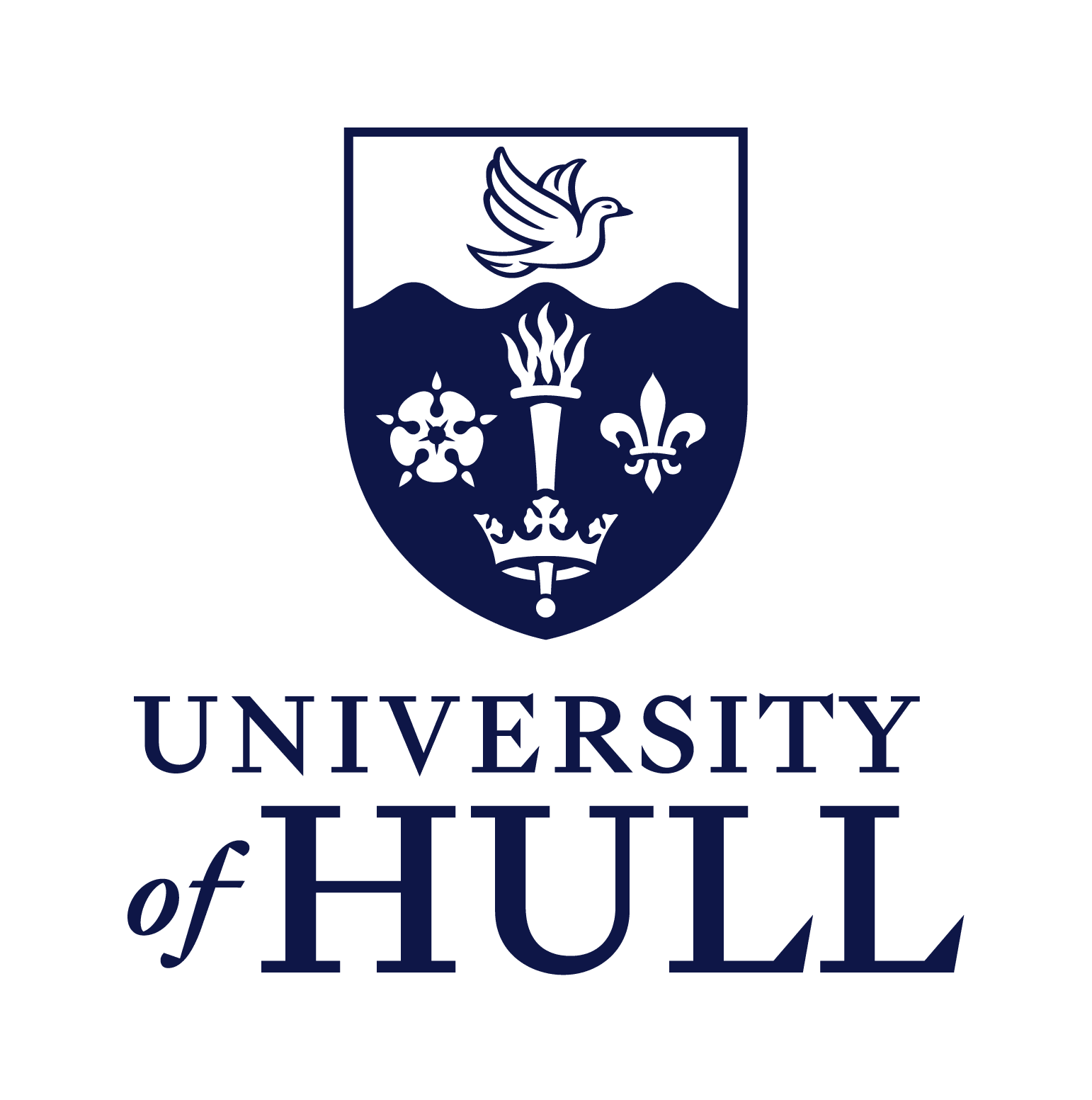This course includes the following core modules that all students complete, along with some pathway specific modules:
Level 4 Year 1
- Foundations of Academic Excellence
- Childhood Evolution
- Child Protection and safeguarding practices
- Special educational needs, disability and inclusion
Learning Support Pathway
- Applied research in educational technology
- Integrating pedagogy, andragogy and curriculum in educational settings
Level 5 Year 2
- Professional growth and employability
- Social perspectives on family and childhood
- Integrating trauma informed practice into education
- Equality, diversity and inclusion
Learning Support Pathway
- Investigative approaches to technology
- Investigative approaches to play
- Dynamic pedagogy for early years practice
Occasional changes to modules and course content may take place. Students will be notified when applicable. These modules are subject to validation.
This programme has been designed through the adoption of Transforming Programmes which is aligned to a competencies approach to learning ensuring graduates are fully equipped to enter a graduate workforce.
On the FdA in Education and Early Childhood Studies, the most appropriate teaching and learning approaches are those that emphasise active, experiential, and reflective learning. These methods include directive learning, which allows students to explore and understand concepts through hands-on experience and social interactions, fostering creativity and critical thinking. Collaborative learning is also crucial, as it encourages students to work together, share ideas, and develop communication and teamwork skills. Additionally, reflective practice helps students to critically evaluate their experiences and learning processes, promoting continuous improvement and professional growth. Integrating theory with practice through work-based experience and practical assignments ensures that students can apply their knowledge in real-world settings, making their learning more relevant and impactful. These approaches collectively support a holistic development of skills and knowledge, preparing students for effective practice within the sector.
A blended learning approach to the programme is proposed, which will meet the needs of the demographic of students to ensure the programme is inclusive and supportive of diversity. Delivery will be offered both daytime and evening to meet the needs of students who are new to practice or already established and employed in the sector. Assessment workshops via teams will be held, which will support student engagement and accessibility. Creating an inclusive teaching and learning environment involves thoughtful design, delivery, and content that reflect and respect the diversity of students’ backgrounds and experiences. Inclusive teaching strategies will use a variety of teaching methods to cater to different learning styles and backgrounds. This includes collaborative learning, discussions, and hands-on activities. A range of assessment methods that underpin the development of knowledge, understanding and transferable skills will be developed as part of this programme. The assessment strategies are aligned to the programme competencies. Students will be assessed using a variety of digital methods ie: leaflets, posters and presentations, as well as written essays and reports as it is recognised that students learn differently and apply knowledge and understanding in different ways. Incorporating a variety of assessment methods supports inclusivity and ensures all students have opportunities to succeed.
32 UCAS Tariff Points in a relevant area(s) of study (e.g. Level 3 Diploma in Childcare). Must be employed or be prepared to secure a voluntary work placement within the sector.
Those students who are proposing to advance to Teacher Training (upon completion of Level 6) will be advised of the requirement to gain Level 4/C in English, Mathematics and Science, though this is not an entry requirement to the programme.
In line with the widening participation and lifelong learning strategy, we also welcome applications from people of any age who might not meet the standard entry criteria, but we would expect to see evidence of continuing academic and/or professional development and a capacity to pursue the course successfully. We are committed to creating educational opportunities for people from a variety of backgrounds and situations. If you have been out of formal education for some time, and/or you do not have the qualifications stated, we might still be able to consider your application and offer you a range of support. We are here to help. Please get in touch to find out more.
All students will be required to hold an enhanced DBS.* Any applicant with criminal convictions will be considered by the DNCG Safeguarding team to establish their suitability to engage in the programme. Early disclosure is therefore highly recommended and encouraged through the rigorous application process.
Completing a Foundation Degree in Education and Early Childhood Studies opens up a wealth of career opportunities in the education and childcare sectors. The qualification will equip students with a solid understanding of child development, educational theories, and practical skills essential for working with children 0-18 years. The high-quality learning experiences within the FdA support the development of students’ transferable skills and graduate attributes needed for successful career progression.
Students can pursue roles such as; childcare providers and teaching assistants. Additionally, the degree provides a pathway to specialised positions such as; Special Educational Needs (SEN) teaching assistants, learning mentors, and family support workers.
It is acknowledged that careers are varied within the early years and education sector and students may take several routes depending on their specific aspirations. Some graduates would like to work with children and their families, while others may progress into posts within local authorities which could involve the development of local strategy and policy. This Foundation Degree also serves as a stepping stone for further studies, enabling students to advance their careers and take on more senior roles within the field.
